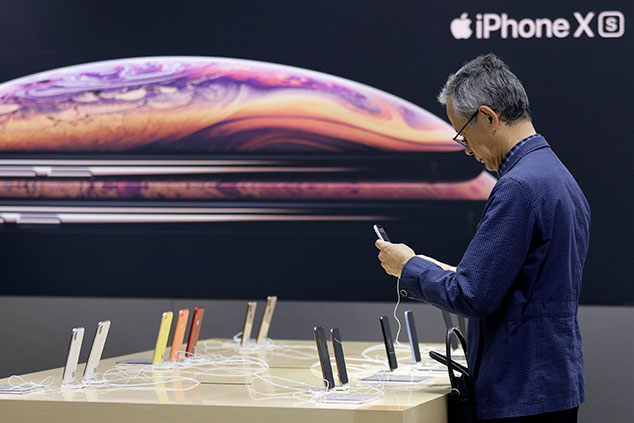
This might have been a viable strategy in the past – because investors had no alternative – but these funds are under threat from the rise of real tracker funds, which charge little or, in some case, no fees, because they emulate the market without the need for a human manager.
What we can learn from the past
McKinnon studied economic history at university, and has maintained an interest in the subject since. The past teaches us that “success breeds complacency and failure breeds innovation”, he says – it’s very hard for companies to sustain success for long periods of time, but many investors fail to realise this and “think that success will last forever”. When everything is going well “investors don’t want to know about any bad news”, nor do they pay attention (at least initially) when things start to improve in previously poorly performing firms.
This tendency to be over-optimistic when things are going well and to panic during bad times is made worse by our tendency to engage in herding behaviour. This stems from an innate evolutionary tendency, says McKinnon – the ability to engage in group behaviour may have enabled humans to build complex societies from scratch, but the downside is that we frequently make suboptimal investment decisions, such as failing to focus on the long-term. McKinnon cites as evidence a conversation he overhead between two rival fund managers, with one saying to the other that “if the stock falls 10%, we’ll automatically sell it”.
Beware of overvalued tech stocks
At the moment McKinnon is very sceptical about tech stocks. Some of the optimism about their future is “delusional”. Earnings “are either at cycle highs, or the companies don’t have any earnings at all”. For example, despite barely making any money, Netflix has a market capitalisation “on a par with the GDP of a small country”. Tech stocks have declined recently, but the euphoria and “momentum mania” that surrounds them still reminds him of the dotcom era. And they are “likely to fall much further”.
McKinnon is equally negative about Apple, traditionally seen as the most conservative of the FAANG stocks (Facebook, Apple, Amazon, Netflix and Google). One survey of analysts’ recommendations showed that only one out of 50 had it as a sell, which has recently fallen substantially. But the Apple rout has only just begun, says McKinnon. It is “one-trick pony”, with most of its profits coming from the iPhone. So the fact that “the market for smartphones has started to peak” poses a major threat to its business model. As a former mentor of his put it, “never buy a growth stock that has gone wrong”.
Where you can still find value
A combination of overvaluation, rising interest rates and high levels of debt will meant that shares in the big developed markets are likely to struggle. But there are still some shares that McKinnon likes.
He’s a big fan of “old school retailers”, such as Tesco (the fund’s largest single holding) Marks & Spencer and (in the United States) Macy’s and Gap.
He also thinks that recent falls mean that many emerging markets are undervalued, especially compared to America. It might be worth buying gold, too, which has traditionally “been a good hedge for a rocky market”.